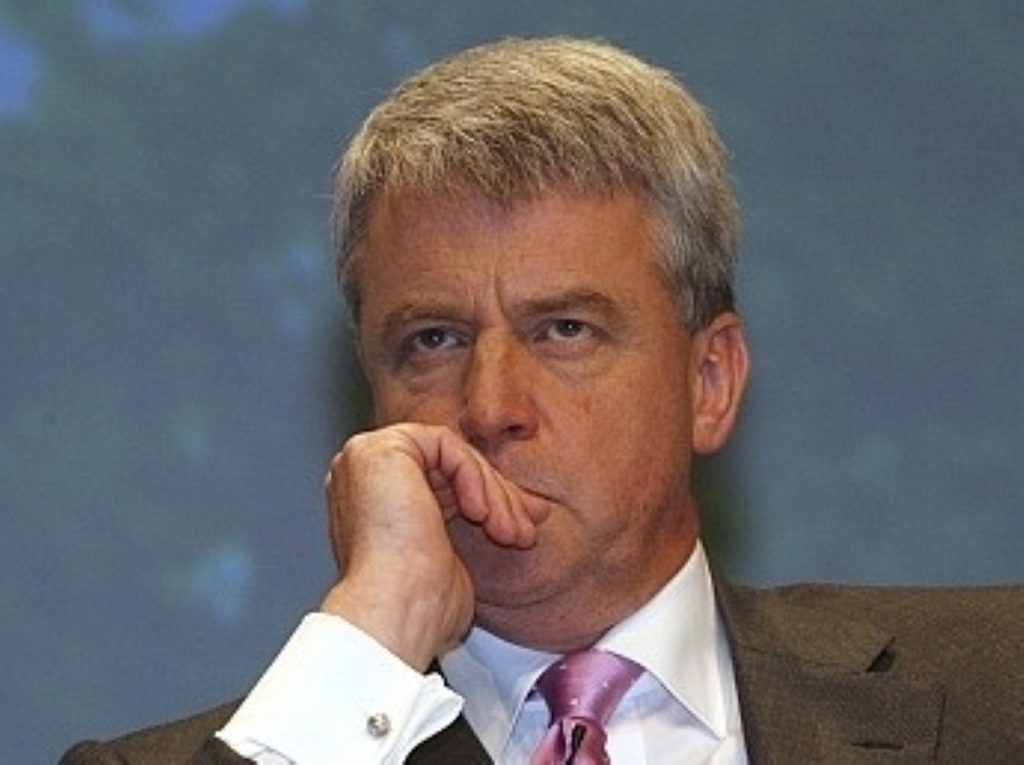Unions win unlikely pensions ally in Andrew Lansley
By Alex Stevenson Follow @alex__stevenson
Health secretary Andrew Lansley's leaked letter criticising the government's public sector pension reforms "could have been written by any of the union negotiators", according to TUC general secretary Brendan Barber.
Concerns about the "unrealistic" reforms being pushed through by the coalition prompted a walkout by teachers and other public sector staff last month.
Now they are generating divisions within the Cabinet, too. A letter from Mr Lansley to chief secretary to the Treasury Danny Alexander argues the reforms are "inappropriate" and warns of further industrial action.


"There is also the risk that lower paid staff in particular will simply opt out, leaving HMT [HM Treasury] with reduced receipts in the short term while still having to pay for past pension promises," he wrote.
"In the NHS, if it appears that we intend to significantly reduce the value of future accrual we also face the risk of opt out from higher paid groups as well as the lower paid.
"GPs for instance pay both employer and employee contributions and can choose to invest them elsewhere or take them as pay."
Mr Lansley warned that this would create "significant fiscal pressure", while lower-paid staff who opt out "would increase pressure on the social security budget in the longer term".
The health secretary also expressed doubt about the assumption that public sector workers will work a 48-year career.
"In the NHS currently, the average full time career for those taking a pension is only 18 years and it seems unrealistic to suggest that pension scheme design should be based on the assumption that a predominantly female workforce would need to work full time 48-year careers in future to receive a full pension," he wrote.
"It is also difficult to see how this meets our commitment to maintain gold standard pensions."
Mr Barber said Mr Lansley had endorsed every point unions had made.
"He confirms that the government is grabbing money from public sector workers to pay down a deficit they did nothing to create, even at a time when their pay is frozen for two years and many are facing job losses," he said.
"Most tellingly he says the government is trying to take so much out of public sector pensions and impose so many extra costs on workers that there is a very real danger that staff will simply opt out of their pensions.
"This would have the perverse consequence of making the deficit worse, as the government will still have to pay current pensions but will get no benefit from the contributions of those who leave their schemes."
Public sector pension contributions are being increased, the eligibility age is rising to 66 and their indexation has been switched from consumer price index to retail price index inflation.
"It is difficult to see how a negotiated agreement could be reached with the trade unions," Mr Lansley wrote.
"My concern is that we are hampered… by not having reached an agreed position across government on how we will respond to Hutton."
Further strike action across public services is expected this autumn if union talks with ministers do not reach agreement.









